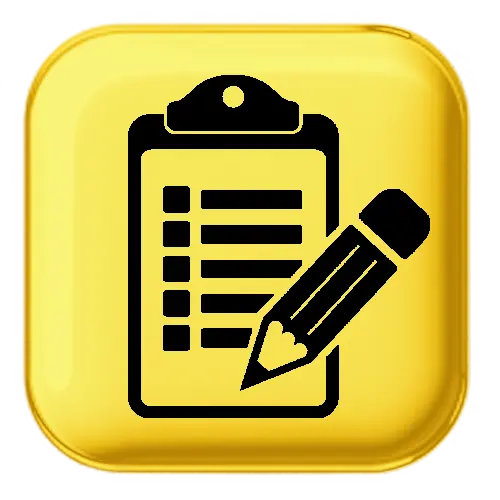Siap jemput berkah melimpah? OYO288 menghadirkan Pesta Jackpot Ramadhan dengan bonus THR terbesar se-Indonesia! Sambil menunggu buka puasa, nikmati ribuan game slot gacor dari Pragmatic Play dan PG Soft yang siap kasih Maxwin setiap hari. Proses deposit QRIS kilat hanya 1 detik dan penarikan dana tanpa ribet. OYO288 adalah situs slot online resmi terpercaya yang menjamin keamanan data dan kemenangan Anda. Jangan lewatkan event ngabuburit berhadiah jutaan rupiah hanya di sini. Daftar sekarang dan jadilah pemenang jackpot Ramadhan hari ini!
Loading...





 Promo
Promo
 Login
Login
 Daftar
Daftar
 Home
Home